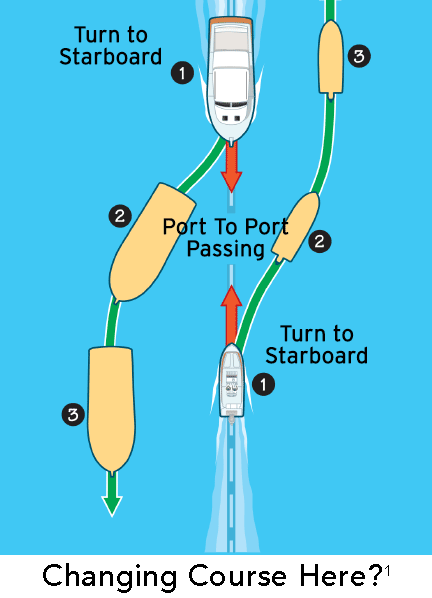If it wasn’t for people . . . Leaders wouldn’t have a problem making changes
Have you “the leader ever wondered why people didn’t want to make another change, or why you couldn’t just make five changes within the next six months? I was Commander of Air Force Special Operations Command when we in the Air Force decided to completely restructure our Air Force, and for good reason, I might add. Our Chief, General Tony McPeak wanted to change the Air Force from the old Cold War static structure to a flexible expeditionary organization in order to meet the warfighting challenges of the 21st century. This involved change beginning at the major command level all the way down to the warfighters in the squadrons. This was a lot of change and what I quickly learned was when you moved an airman’s workplace to a new location working for a new boss as part of a new organization, it was a BIG deal. Well, because we were a military organization it happened because that was how military organizations work. Today, while parts of the reorganization have a different look and emphasis, by in large, the Air Force structure remains basically unchanged since the early 1990s. Will the Air Force change again? Without a doubt, just as the methods of warfare change.
But you “the leader” may not be in the military, you may be trying to implement change in your business, corporation, or a volunteer organization. Well, guess what, you just found out that people do not like change no matter how logical and beneficial that change might be. But organizations who have remained flexible enough to make the changes necessary to remain a step ahead of the competition, have probably learned that there is a limit to the change any business or volunteer organization can withstand in a given period of time. People will resist change, but they will change provided they are not confused with too many deviations from the norm at any one time. Change hurts, so don’t inflict too much pain at once.
I’ve implemented change in many organizations, one being Officers’ Christian Fellowship. A new strategy, new budgeting, new planning sequences, and new fund-raising challenges and methods. Then I proposed a new name and membership criteria. Amongst all the other changes we were making, this last proposal came at the wrong time, may have significantly altered the direction of OCF, and came at a time when the Governing Council didn’t have the capacity to absorb another major change. Knowing the godly nature of the Council, they made the right decision of disapproving my recommendation. I learned a lesson concerning the capacity and timing of a volunteer organization to absorb a proposal that would have significantly changed its ministry focus.
Then there is change, that while challenging is eternal; change that in ways can be hard, but change that when you hear the call, that “still small voice,” cannot be refused. That would be the call of the voice of God for you to find your “one thing” (from an earlier Blog), that is to know the ONE. “Knowing Jesus, there is no better thing.” Is that your “one thing?”
Can this change be hard? Yes, at times. Will you be part of a significantly different organization? Yes, His body, the church. And will you have a new boss? Yes, the ONE who will empower you as you continue to venture through earthly valleys. Will others see you in a way that leads them through the change that brings them to the ONE? Yes, let’s hope so. Is this more change than you can absorb? Never. “. . . with God, all things are possible.” (Matt. 19:26)
See all the Blogs at Growingandbuilding.com.





